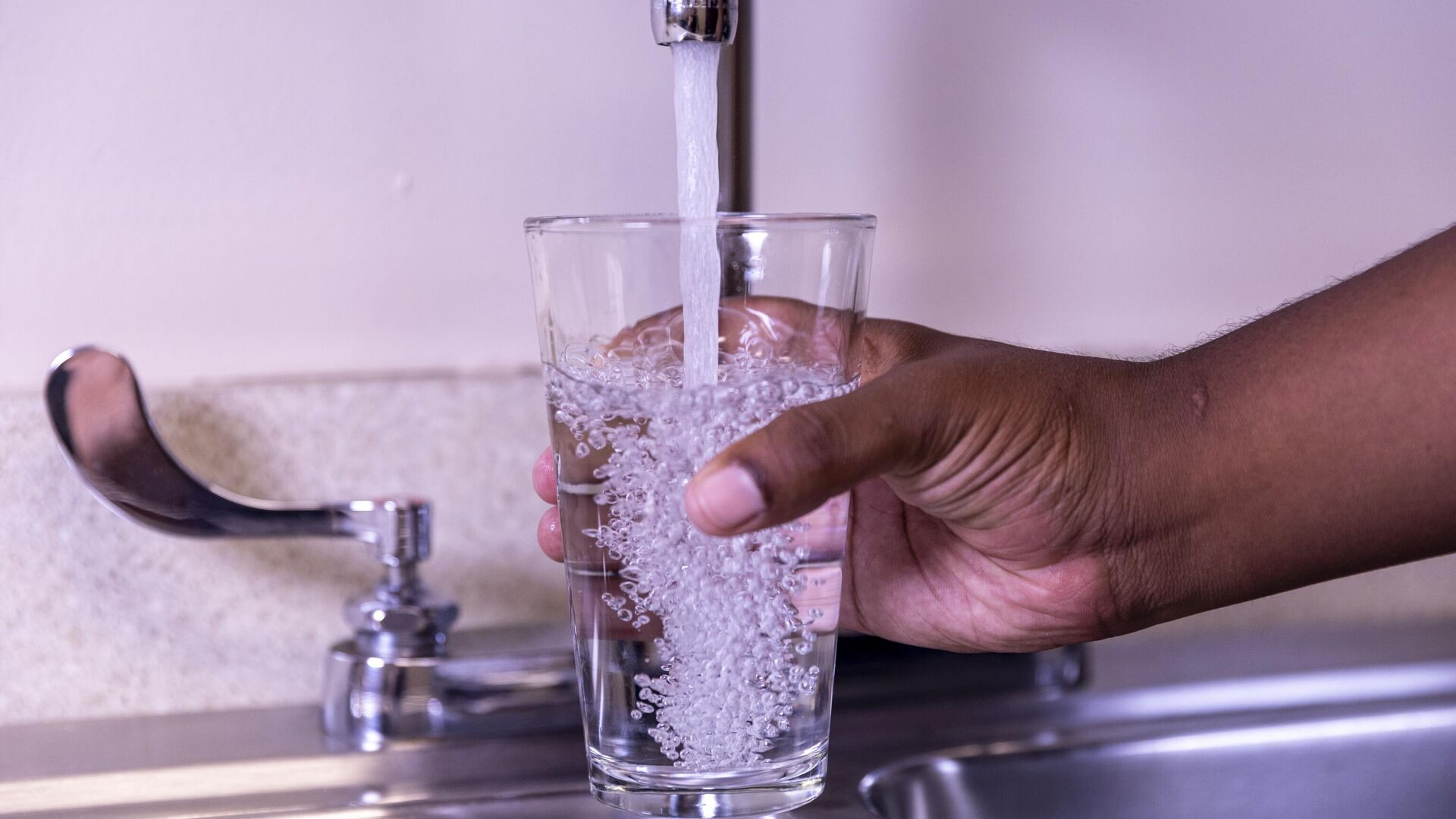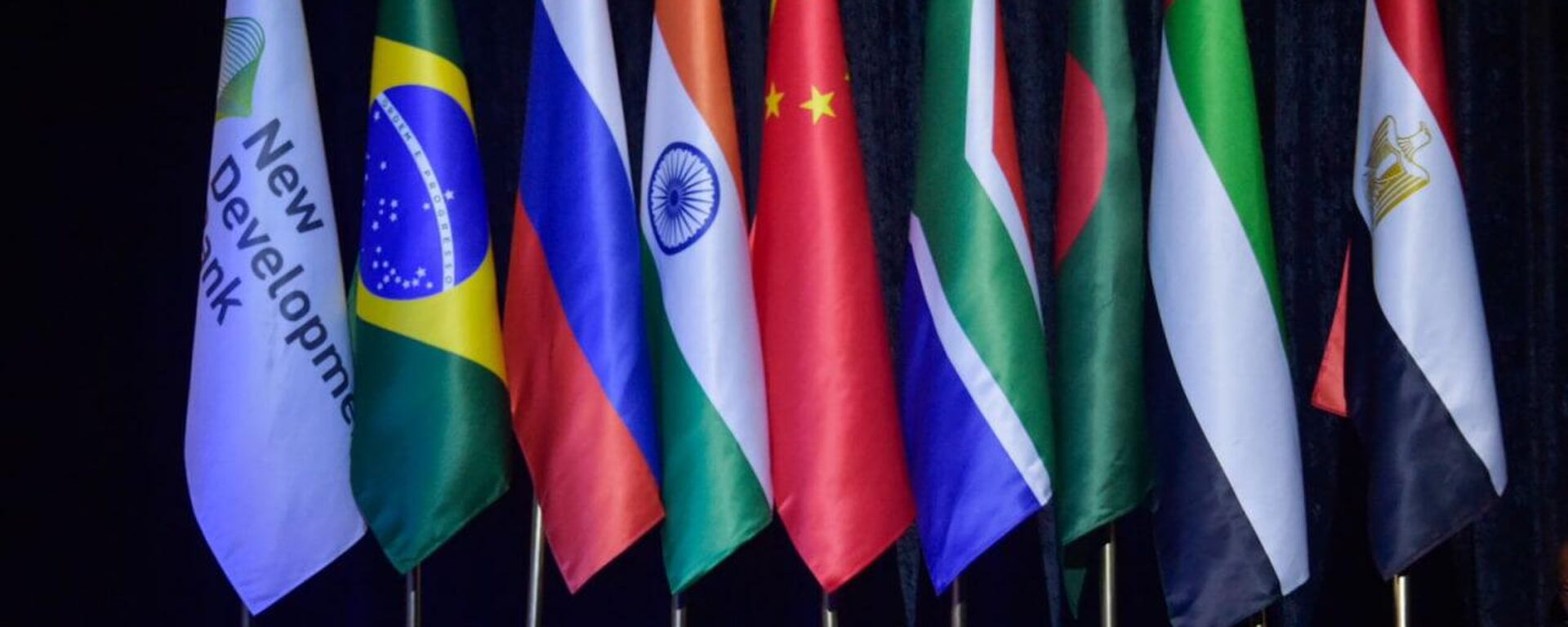https://en.sputniknews.africa/20240930/municipal-debt--crumbling-infrastructure-cause-water-crisis-in-south-africa-water-ministry-says-1068486433.html
Municipal Debt & Crumbling Infrastructure Cause Water Crisis in South Africa, Water Ministry Says
Municipal Debt & Crumbling Infrastructure Cause Water Crisis in South Africa, Water Ministry Says
Sputnik Africa
For many years, South Africa faced an energy crisis that threatened its economic stability. The crisis ended in March 2024 for a number of reasons, including a... 30.09.2024, Sputnik Africa
2024-09-30T17:14+0200
2024-09-30T17:14+0200
2024-09-30T18:39+0200
sub-saharan africa
south africa
water security
crisis
debt
infrastructure
electricity
johannesburg
eskom
sub-saharan africa
https://cdn1.img.sputniknews.africa/img/07e7/09/13/1062207001_0:160:3072:1888_1920x0_80_0_0_c1b3d56dec040f7be8ebdac746944279.jpg
South Africa is facing a severe water crisis due to a combination of rising municipal debt and collapsing infrastructure, Deputy Water and Sanitation Minister David Mahlobo told local media outlet, City Press.Municipalities owe water boards more than 23 billion rand ($1.3 billion), jeopardizing the boards' ability to operate and potentially affecting water services for nearly eight million people in the provinces of Gauteng, Limpopo, the North West, and parts of the Northern Cape and the Free State.The ministry borrows money from the market to build dams and canals and then is owed money for water-use charges to resume operations, Mahlobo said, reportedly without giving further details of how much the state is owed.This situation threatens the state's ability to recoup the money it invests in water infrastructure. The ministry is exploring solutions like special purpose vehicles and public-private partnerships to improve water management and fund infrastructure projects, mirroring the model used by South Africa's electricity company Eskom when it faced similar difficulties.
https://en.sputniknews.africa/20240831/south-africa-seeks-brics-countries-energy-expertise-including-from-russia-1068089629.html
south africa
johannesburg
sub-saharan africa
Sputnik Africa
feedback@sputniknews.com
+74956456601
MIA „Rossiya Segodnya“
2024
News
en_EN
Sputnik Africa
feedback@sputniknews.com
+74956456601
MIA „Rossiya Segodnya“
Sputnik Africa
feedback@sputniknews.com
+74956456601
MIA „Rossiya Segodnya“
south africa, water security, crisis, debt, infrastructure, electricity, johannesburg, eskom, sub-saharan africa
south africa, water security, crisis, debt, infrastructure, electricity, johannesburg, eskom, sub-saharan africa
Municipal Debt & Crumbling Infrastructure Cause Water Crisis in South Africa, Water Ministry Says
17:14 30.09.2024 (Updated: 18:39 30.09.2024) Alla Shukanova
Writer / Editor
For many years, South Africa faced an energy crisis that threatened its economic stability. The crisis ended in March 2024 for a number of reasons, including a change in management at Eskom, the state-owned electricity company. Now the country is facing a severe water crisis that threatens the water supply for nearly 8 million people.
South Africa is facing a severe water crisis due to a combination of rising municipal debt and collapsing infrastructure, Deputy Water and Sanitation Minister David Mahlobo told local media outlet, City Press.
Municipalities owe water boards more than
23 billion rand ($1.3 billion), jeopardizing the boards' ability to operate and potentially affecting water services for nearly eight million people in the provinces of Gauteng,
Limpopo, the North West, and parts of the Northern Cape and the Free State.
A number of the nation’s water agencies “will never make it to next March if these debts are not paid”, and may close down, Mahlobo told the Johannesburg-based news outlet. “In our case, they are owing the water boards because water boards give them the bulk water supply.”
The ministry borrows money from the market to build dams and canals and then is
owed money for water-use charges to resume operations, Mahlobo said, reportedly without giving further details of how much the state is owed.
This situation threatens the state's ability to recoup the money it invests in water infrastructure. The ministry
is exploring solutions like special purpose vehicles and public-private partnerships to improve water management and fund infrastructure projects, mirroring the model used by South Africa's electricity company Eskom when it faced similar difficulties.
“The department is looking at how it can leverage private investment to enhance our water systems, similar to the arrangements made with Eskom for electricity supply,” the minister said.


